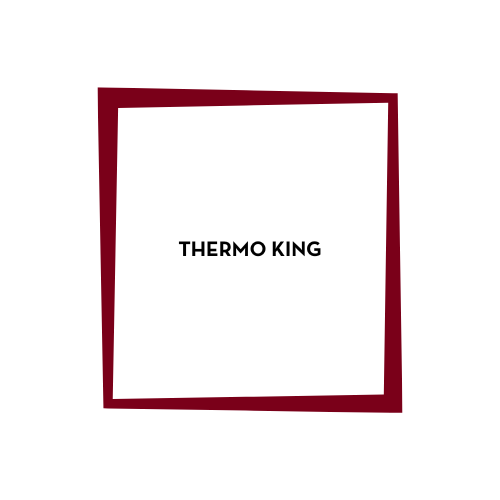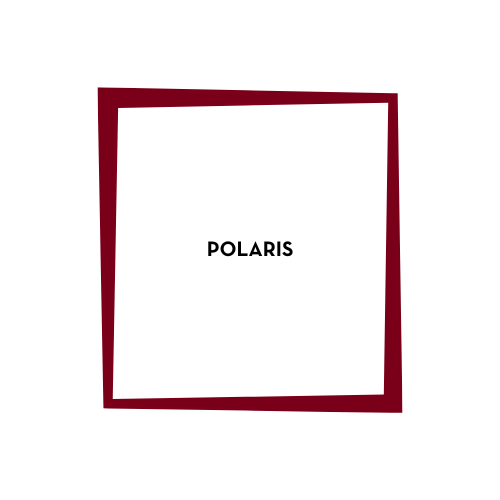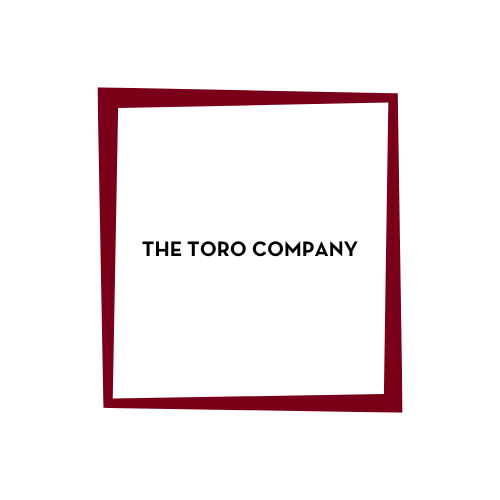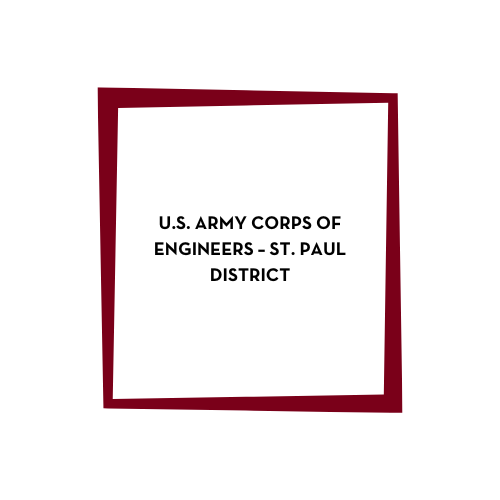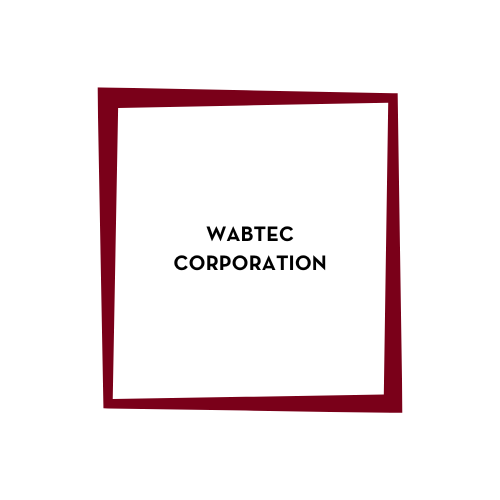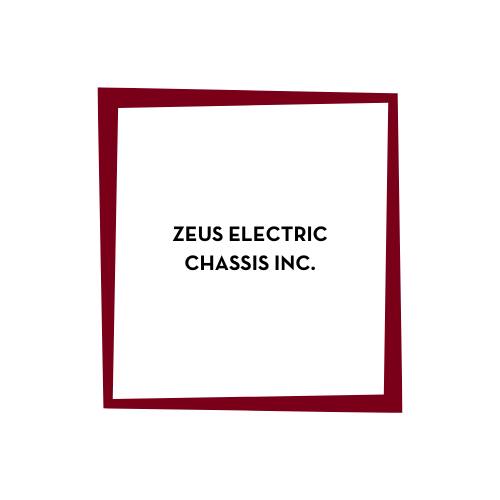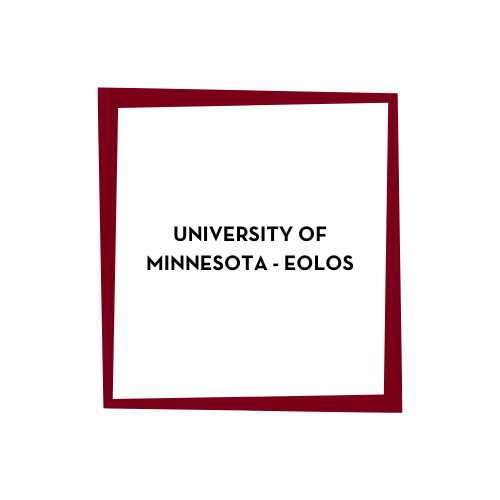
Electrification Engineering Graduate Certificate
Super Charge Your Career by Understanding the Electrified Economy
The Technological Leadership Institute’s Postbaccalaureate Certificate in Electrification Engineering is designed to provide technologists, engineers, and technically focused managers with an applied graduate credential focusing on the core systems underpinning the electrified world.
This 12-credit program is suitable for industry professionals and new college graduates looking for a hands-on learning approach with immediately applicable skills. The certificate program covers the breadth of technologies used to convert traditional mechanical systems into hybrid or electric platforms.
The core curriculum begins with a technical survey course and progresses to more technically complex course content. Elective courses focus on electrification policy, electrical engineering, or mechanical engineering. The certificate provides students with the skills to migrate to the world of electrification systems and contribute to an electric future.
*General enrollment starts Fall 2023
Download Program PDF
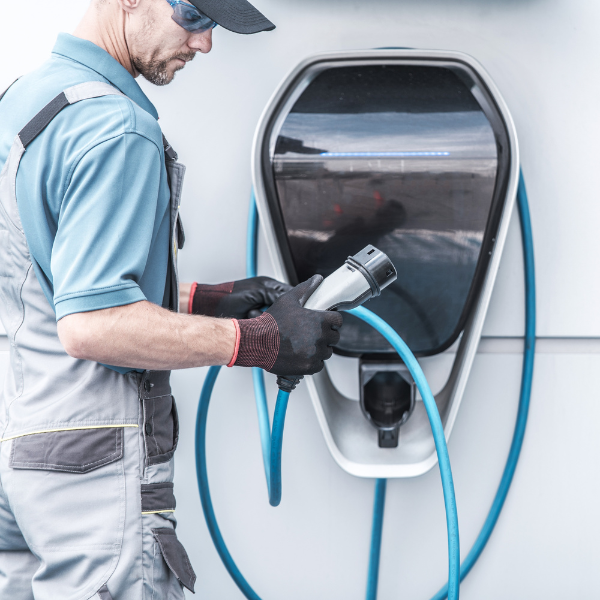
Professional Development
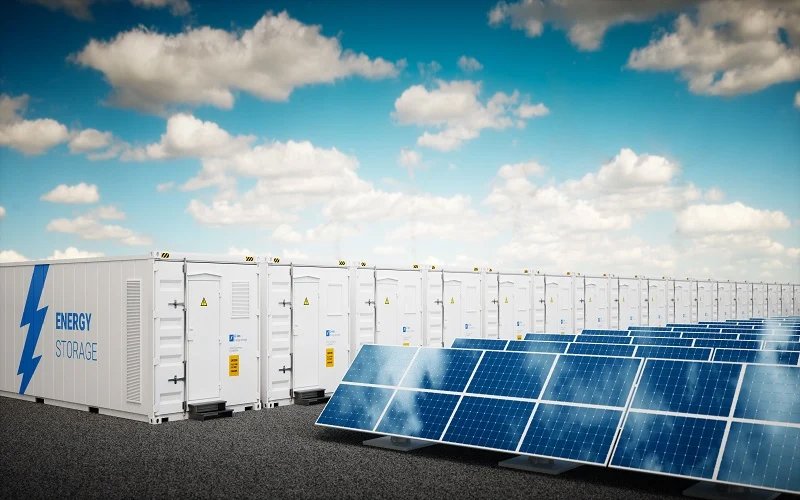
The Electrification Engineering Graduate Certificate provides a way to obtain an Electrification Engineering credential for engineers, technologists, and technology minded managers who want their skills to reflect the monumental shift to the electrification of the world's economy, including vehicles, energy storage, and power transmission.
International Students
TLI's Electrification Engineering Graduate Certificate is the first Postbaccalaureate Certificate designed for students to explore this technology space in an applied, industry focused fashion. Technological Leadership Institute specializes in developing and delivering graduate curriculum designed for working professionals – both in-person and online.
Professional Education
The format of our classes allows students to continue to work full time while attending classes, featuring:
- A multidisciplinary approach
- Classes held in the evenings - Designed for working professionals
- Take classes in-person or remotely
- Complete program in as little as 12 months
Check the certificate curriculum below to view detailed course information.
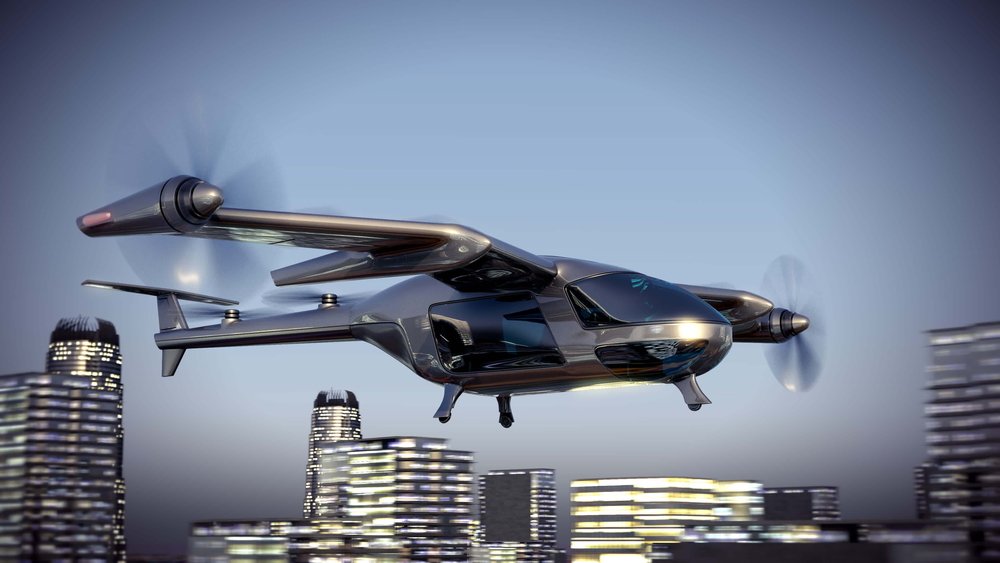
Courses and Instructors
+
Required Courses
MOT 5101 - Introduction to Electrification (3.0 cr)
Fall Term
Introduction to Electrification is the first in a series of electrification courses intended to prepare technologists, engineers, scientists, and technically minded managers for the migration to an electric future. It will cover electrification trends in the industry, the current state of the art, and a survey of core technologies and safety procedures key to the electrification process. There will be lecture and hands-on components.
MOT 5102 - Electrification for Engineers (3.0 cr)
Spring Term
Electrification for Engineers is the second in a series of applied electrification courses intended for those who have completed the Introduction to Electrification or have a sufficient background in this technology and are seeking more in-depth instruction. This course will incorporate more mathematical models of electrification technologies, include associated laboratories, and explore electrification systems from electromechanical energy conversion to discrete electronic components.
MOT 5103 - Advanced Electrification (3.0 cr)
Summer Term
Advanced Electrification is the third in a series of applied electrification courses intended for those who have completed Electrification for Engineers (MOT 5102) or have a sufficient background in this technology. It is the final course in the sequence. It will provide for mathematical modeling of key electrification technologies, advanced laboratory assessment of electrical and mechanical components, and comprehensive discussion of the physics underpinning and connecting associated systems. There will be lecture and hands-on components.
+
Elective Courses
*Minimum of 3 credits in consultation with the advisor. Other courses may be chosen with director of graduate studies approval.
BBE 5733 - Renewable Energy Technologies (3.0 cr)
Energy security and its environmental, economic and societal impacts. Current and emerging technologies for production and use, characteristics of renewable energy, key methods for efficient production, current and probable future, and impact on sustainable development.
EE 4701 - Electric Drives (3.0 cr)
AC/DC electric-machine drives for speed/position control. Integrated discussion of electric machines, power electronics, and control systems. Computer simulations. Applications in electric transportation, robotics, process control, and energy conservation.
EE 4721 - Introduction to Power System Analysis (3.0 cr)
AC power systems. Large power system networks. Mathematics/techniques of power flow analysis. Short-circuit analysis, transient stability analysis. Use of power system simulation program for design.
EE 4741 - Power Electronics (3.0 cr)
Switch-mode power electronics. Switch-mode DC power supplies. Switch-mode converters for DC and AC motor drives, wind/photovoltaic inverters, interfacing power electronics equipment with utility system. Power semiconductor devices, magnetic design, electro-magnetic interference (EMI).
EE 5041 - Industrial Assignment for Graduate Students (1.0 cr)
Optional industrial work assignment. Evaluation based on student's formal written report covering semester's work assignment. This course counts for 6 credits of Academic Progress for the semester in which it is taken.
EE 5705 - Electric Drives in Sustainable Energy Systems (3.0 cr)
Role of electric drives in wind-electric systems, inertial storage, elec/hybrid vehicles. AC machines for energy-efficient operation using d-q axis modeling. Vector-/direct-torque-controlled induction motor drives. Permanent-magnet and interior-permanent magnet ac motor drives. Sensorless drives. Voltage space-vector modulation technology.
EE 5745 - Wind Energy Essentials (2.0 cr)
Design, planning, development/operation of wind energy facilities. Wind turbine generator types, wind forecasting/assessment, wind farm project development, grid integration, wind turbine controls, blade aerodynamics/acoustics, mechanical/hydrostatic transmissions, materials/structural reliability, wind turbine foundations, radar interference, role of public policy in wind energy.
ME 4131W - Indoor Environment & Energy Laboratory (4.0 cr)
Experiments in psychrometrics, refrigeration, air conditioning, solar energy, indoor air quality, and other topics related to refrigeration, building heating/cooling, and indoor air quality.
ME 4331 - Thermal Energy Engineering Laboratory (4.0 cr)
Measurement/analysis of heat transfer in single phase, multiphase, reacting environments. Experimental measurements relevant to thermal/fluid systems, statistical design of experiments/uncertainty analysis. Heat exchange.
ME 4431W - Energy Conversion Systems Laboratory (4.0 cr)
Analyze operation/control of engines, power plants, heating/ventilation systems. Performance characteristics of devices, measurement techniques. Interpretation of experimental data. Presentation of results.
ME 5101 - Vapor Power Cycles (4.0 cr)
Vapor power cycle analysis, regeneration, reheat, compound cycle modifications, combined gas turbine--vapor cycle systems, components, fuels and combustion, heat sources - solar, nuclear, geothermal, low T cycles, bottoming cycles, environmental concerns. EES software used extensively for cycle analysis.
ME 5103 - Thermal Environmental Engineering (4.0 cr)
Thermodynamic properties of moist air; psychrometric charts; HVAC systems; solar energy; human thermal comfort; indoor air quality; heating and cooling loads in buildings.
+
Instructors
See the Electrification Engineering Graduate Certificate faculty here.
Electrification Engineering Graduate Certificate Partners
Request More Information
To inquire about this certificate, please contact us at tli@umn.edu
Attend an Information Session
Learn more about TLI and our Graduate program by attending an information session.
